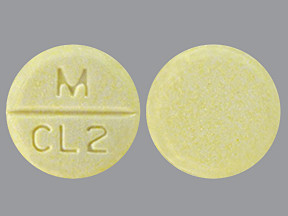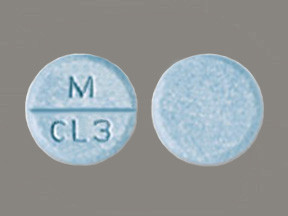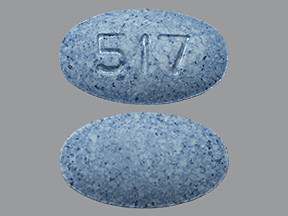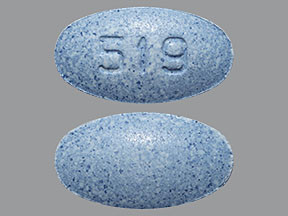CARBIDOPA/LEVODOPA - ORAL
PHONETIC PRONUNCIATION: (KAR-bi-DOE-pa/LEE-voe-DOE-pa)
COMMON BRAND NAME(S): Sinemet
GENERIC NAME(S): carbidopa/levodopa
Uses
USES: This combination medication is used to treat symptoms of Parkinson's disease or Parkinson-like symptoms (such as shakiness, stiffness, difficulty moving). Parkinson's disease is thought to be caused by too little of a naturally occurring substance (dopamine) in the brain. Levodopa changes into dopamine in the brain, helping to control movement. Carbidopa prevents the breakdown of levodopa in the bloodstream so more levodopa can enter the brain. Carbidopa can also reduce some of levodopa's side effects such as nausea and vomiting.
How to use CARBIDOPA/LEVODOPA - ORAL
HOW TO USE: Take this medication by mouth with or without food as directed by your doctor, usually 3 to 4 times a day. Taking this medication with food may help to decrease nausea. It is best to avoid a high-protein diet (it decreases the amount of levodopa that your body takes in) during treatment, unless directed otherwise by your doctor. Separate your dose of this medication by as many hours as possible from any iron supplements or products containing iron (such as multivitamins with minerals) you may take. Iron can reduce the amount of this medication absorbed by the body. Consult your doctor or pharmacist for more details. The dosage is based on your medical condition and response to treatment. To reduce your risk of side effects, your doctor may direct you to start this medication at a low dose and gradually increase your dose. Follow your doctor's instructions carefully. This combination medication comes in different strengths with different amounts of carbidopa and levodopa in each tablet. Be sure you have the correct strength of both drugs. Your doctor may also prescribe carbidopa alone to be taken with this combination. Use this medication regularly to get the most benefit from it. To help you remember, take it at the same times each day. Some patients may experience a "wearing-off" (worsening of symptoms) before the next dose is due. An "on-off" effect might also occur, in which sudden short periods of stiffness occur. If these effects occur, contact your doctor for possible dose adjustments that may help to lessen this effect. Do not stop taking this medication without consulting your doctor. Some conditions may become worse when this drug is quickly reduced or suddenly stopped. Your dose may need to be gradually reduced. (See also Side Effects section.) Tell your doctor if your condition does not improve or if it worsens.
Side Effects
Precautions
Interactions
Overdose
Images
Reviews
Disclaimer
IMPORTANT: HOW TO USE THIS INFORMATION: This is a summary and does NOT have all possible information about this product. This information does not assure that this product is safe, effective, or appropriate for you. This information is not individual medical advice and does not substitute for the advice of your health care professional. Always ask your health care professional for complete information about this product and your specific health needs.





No Reviews Yet